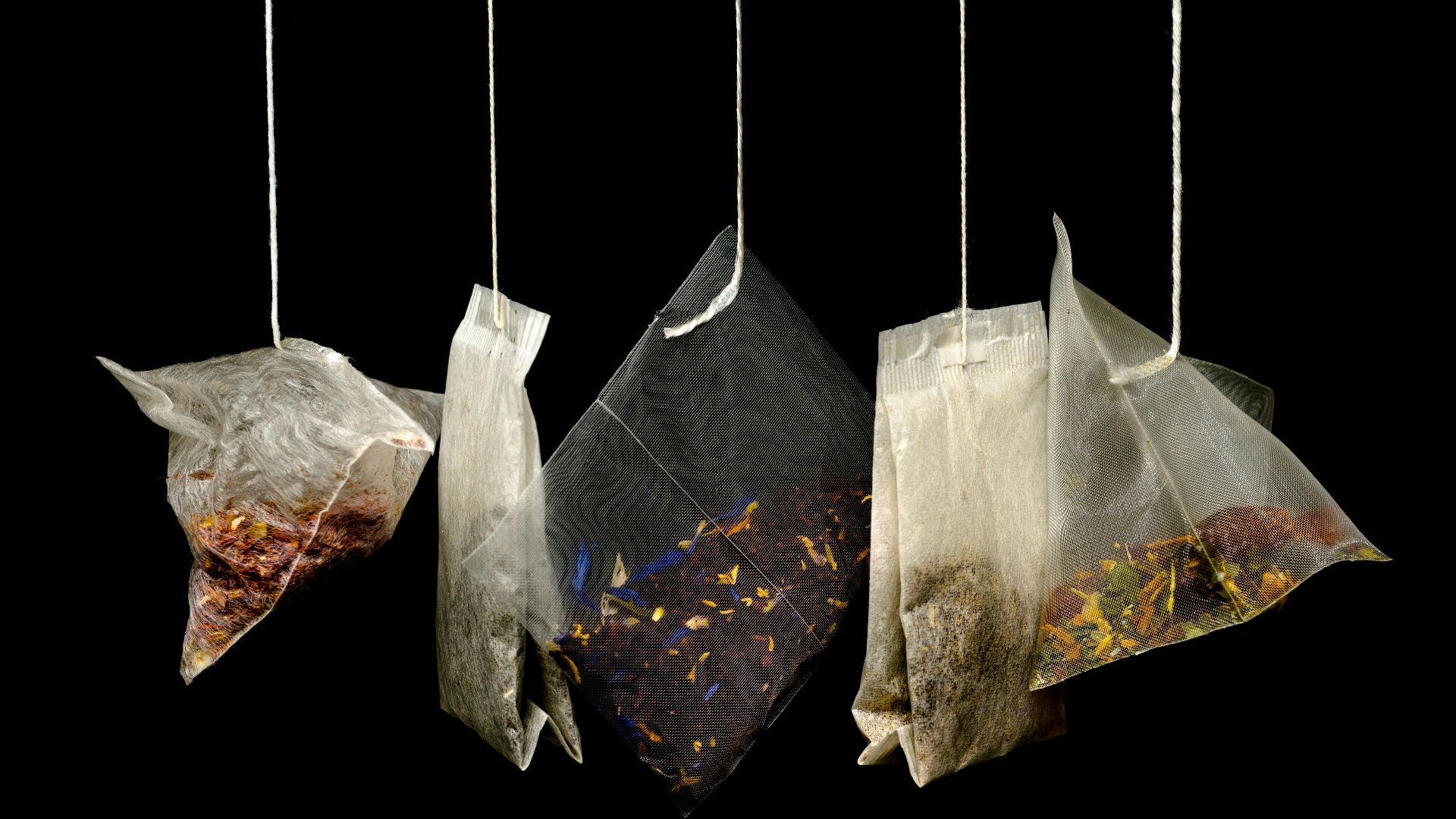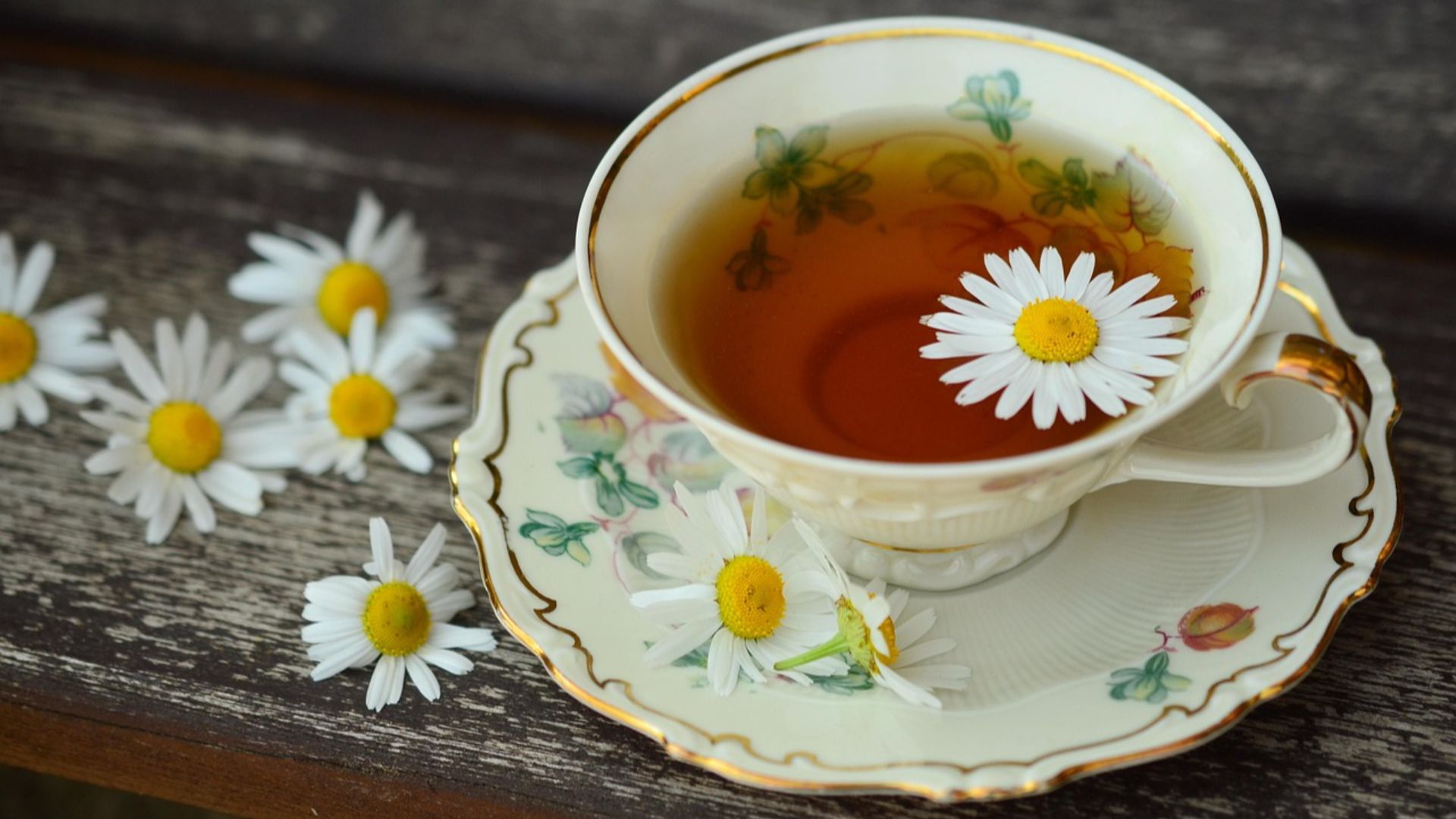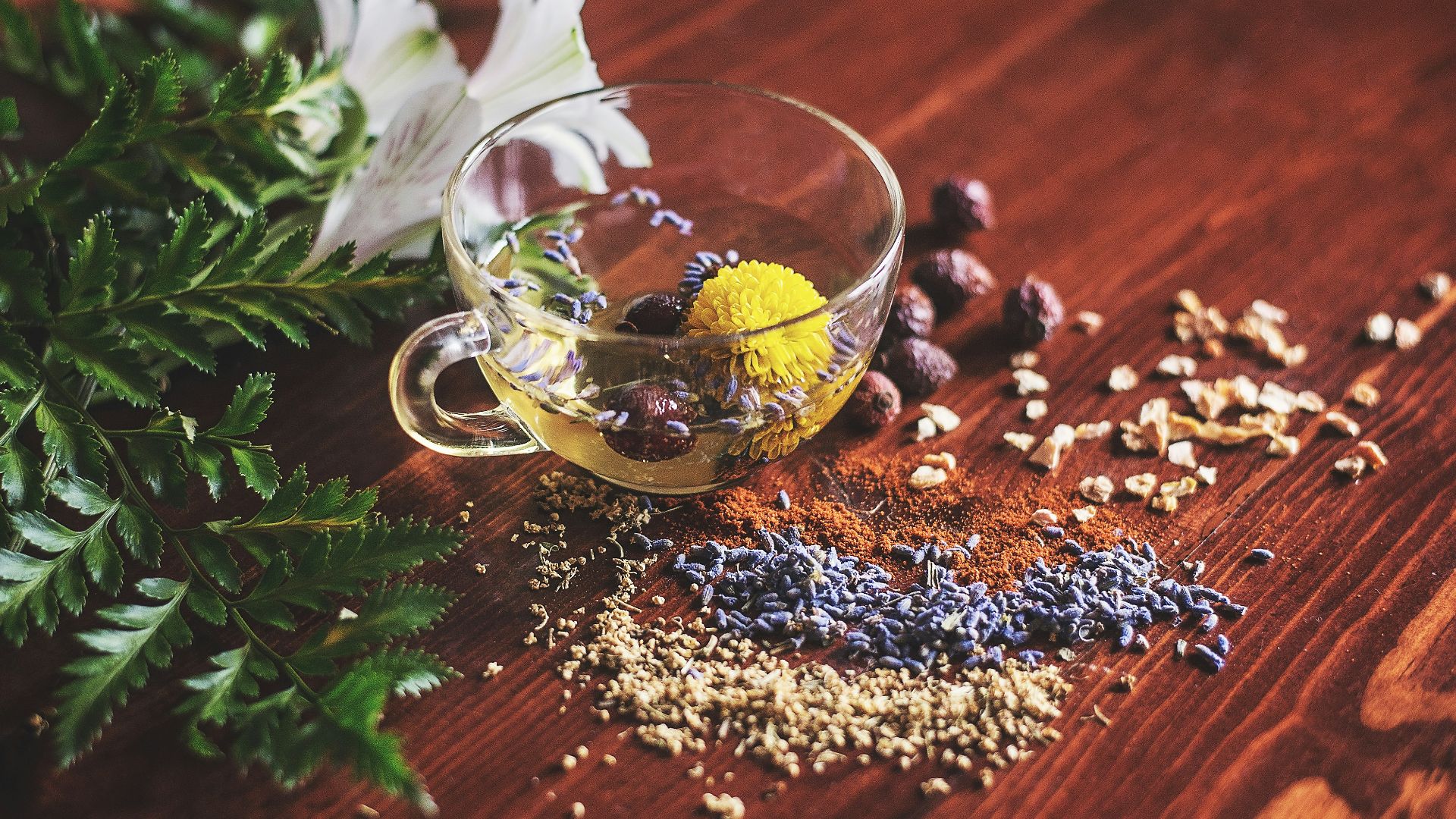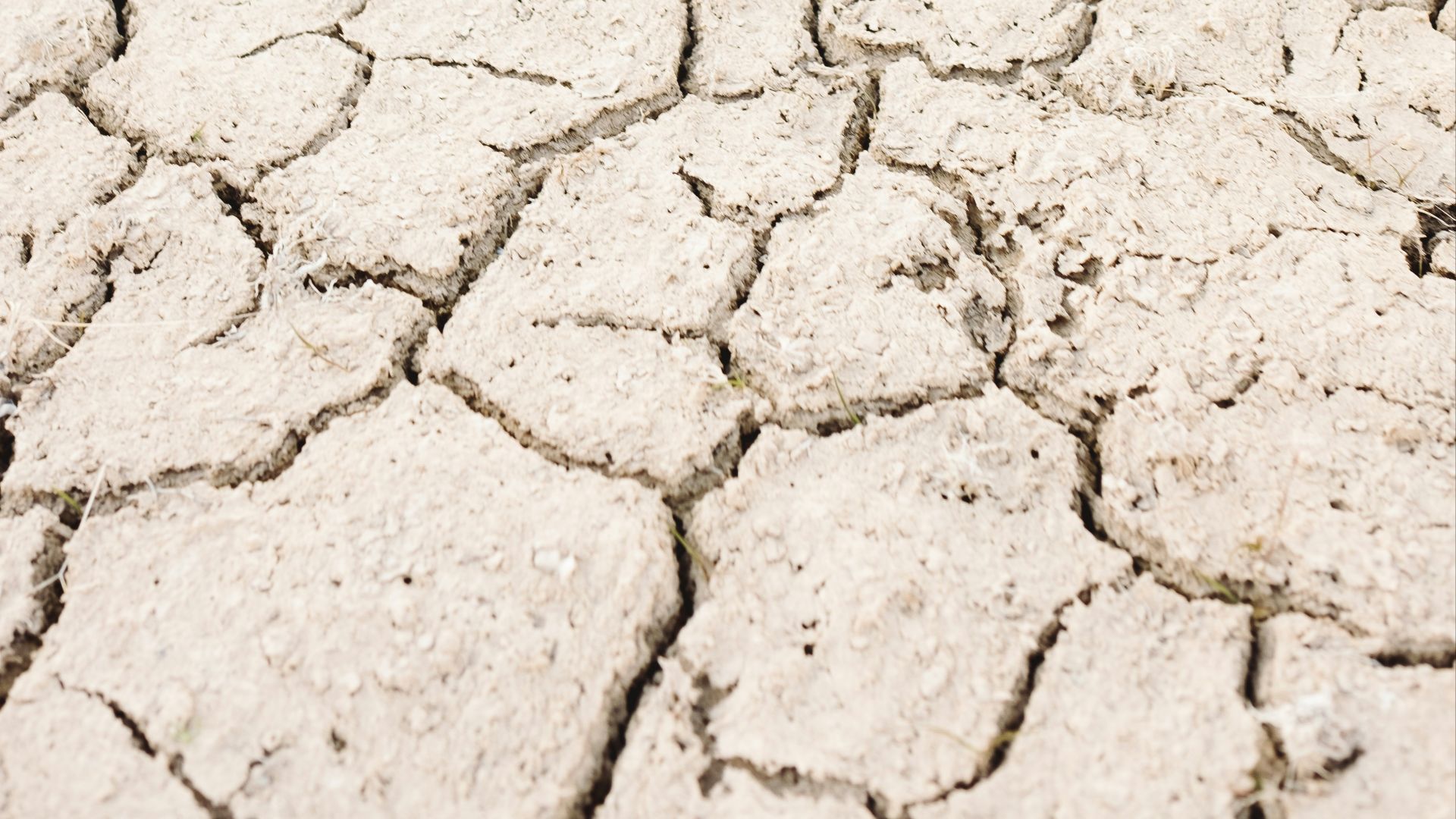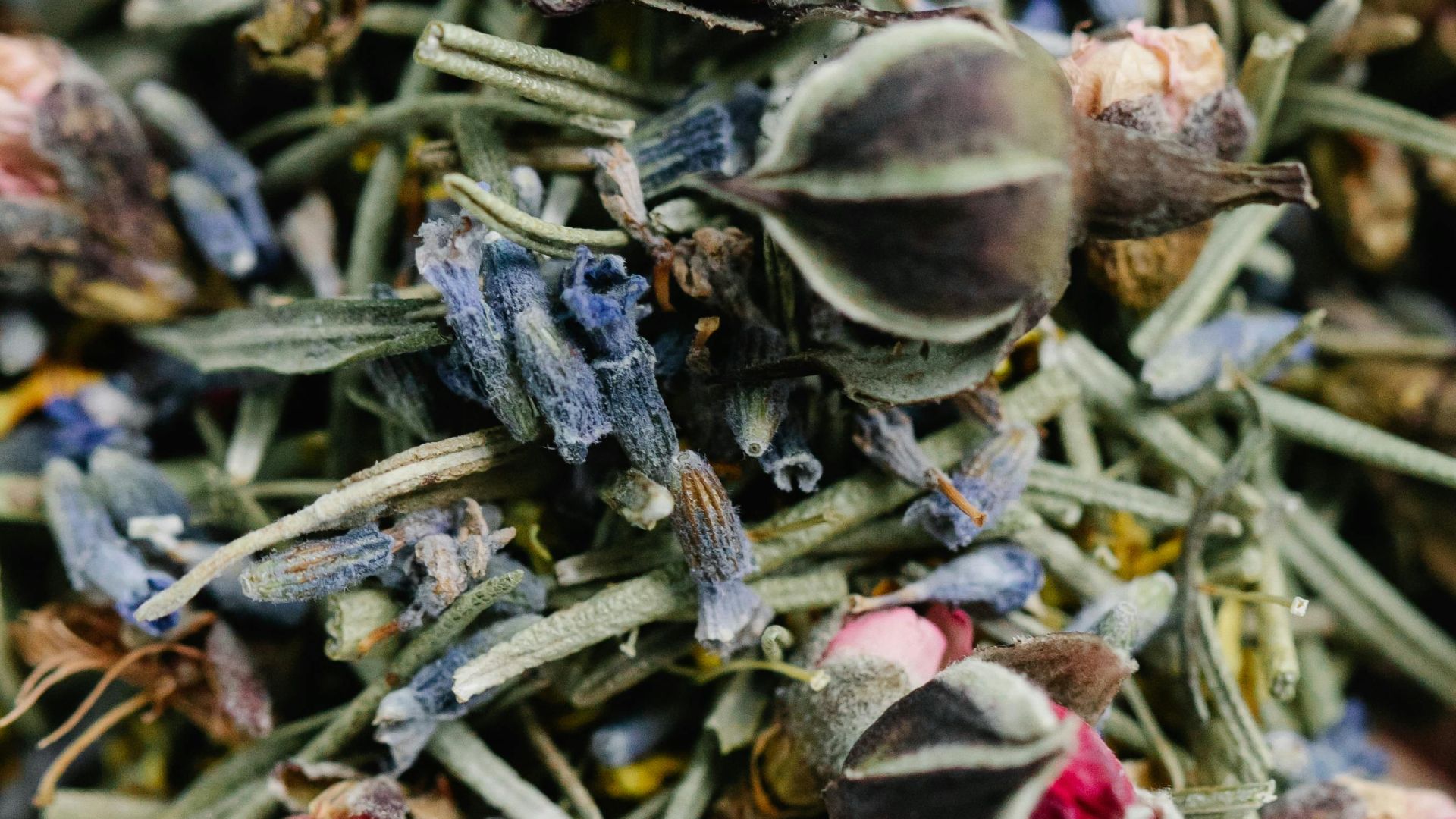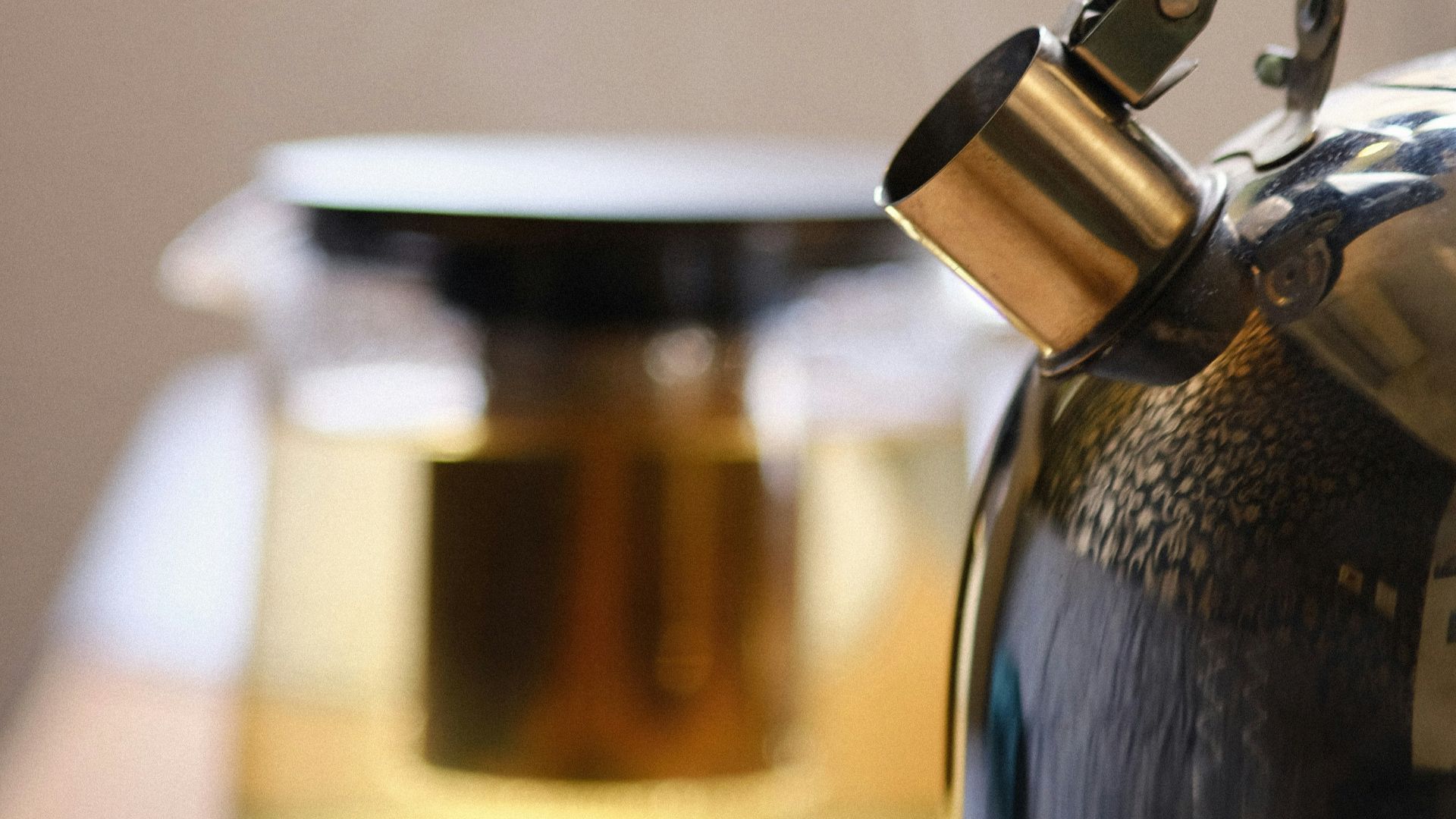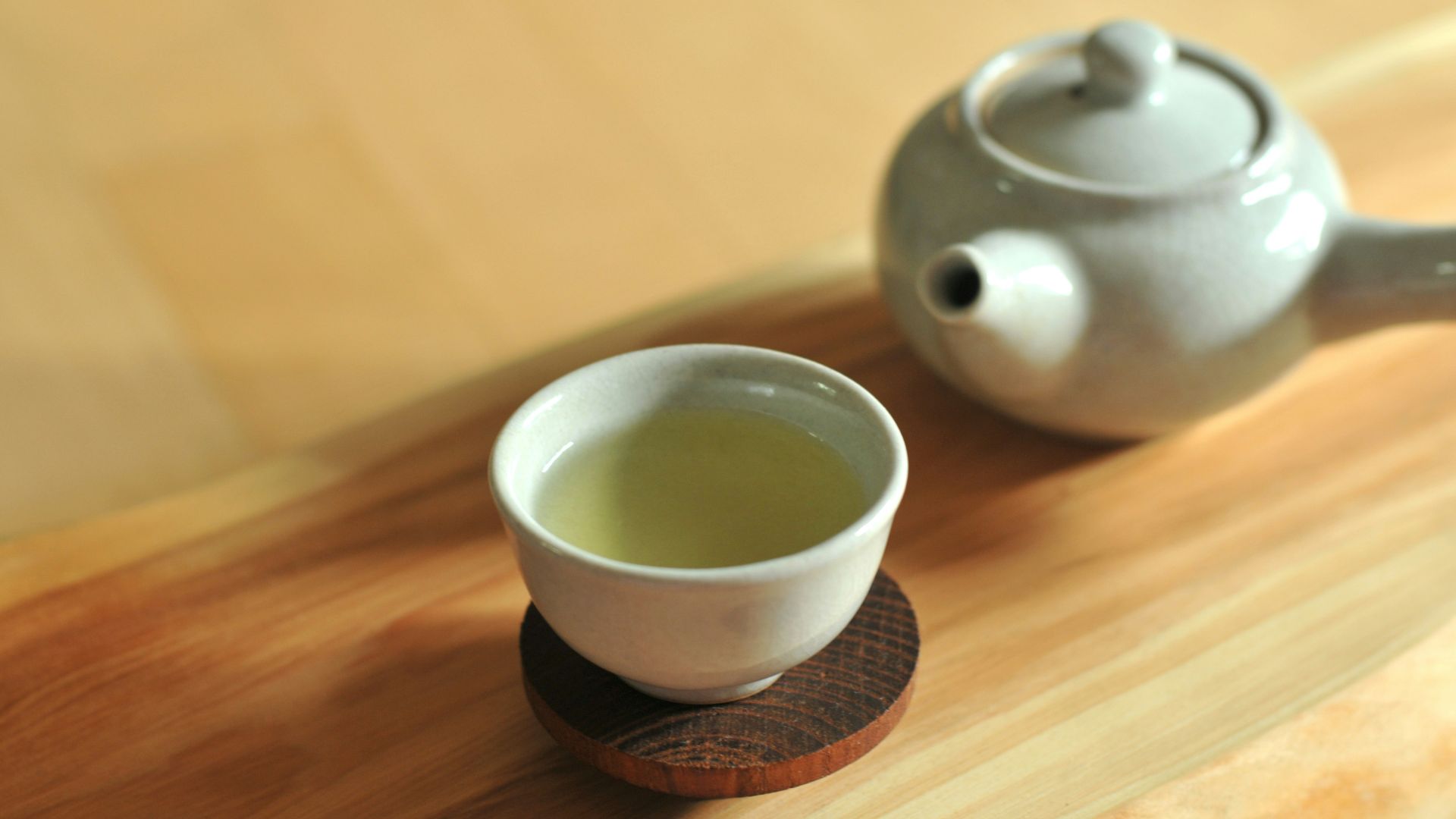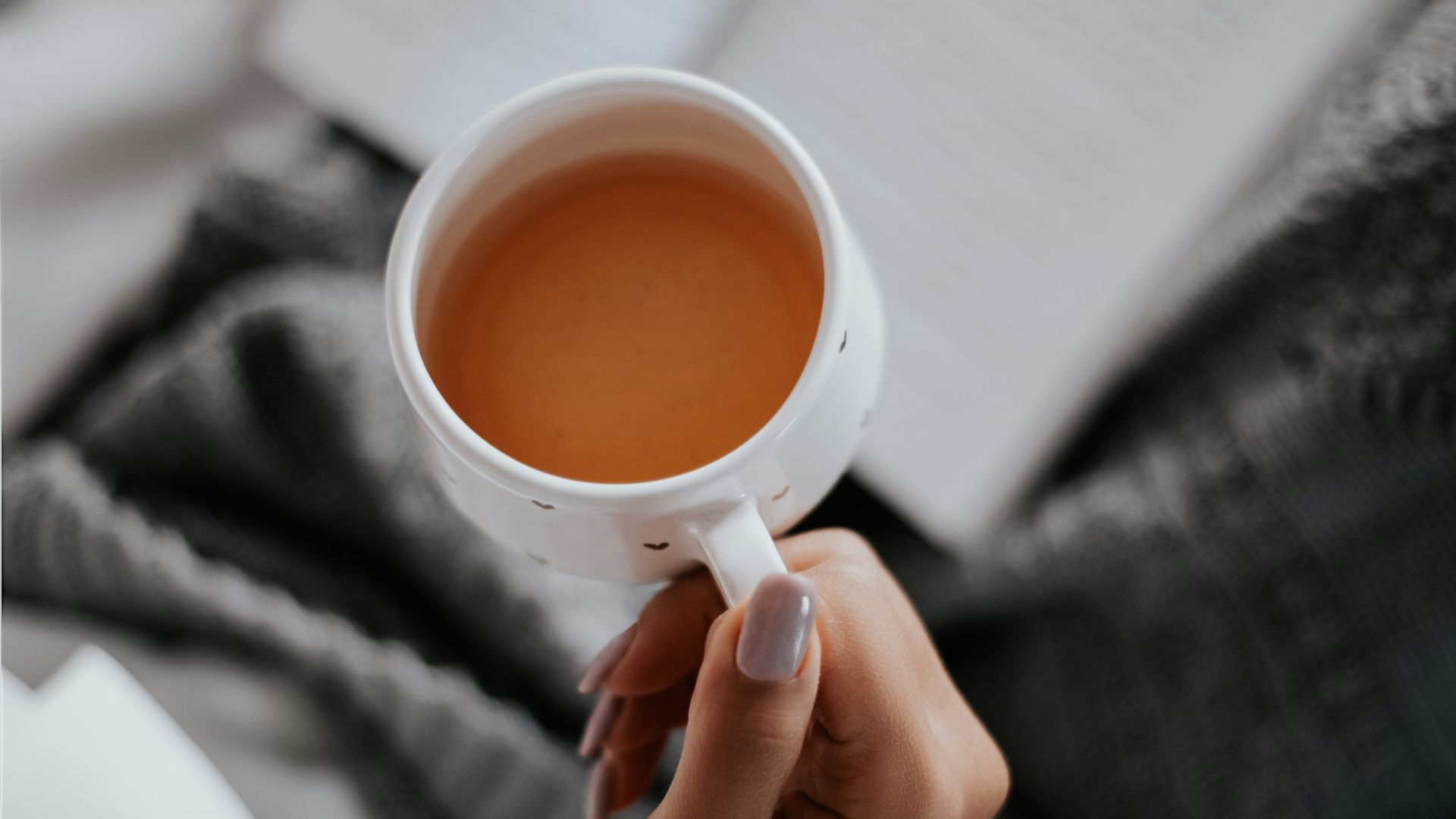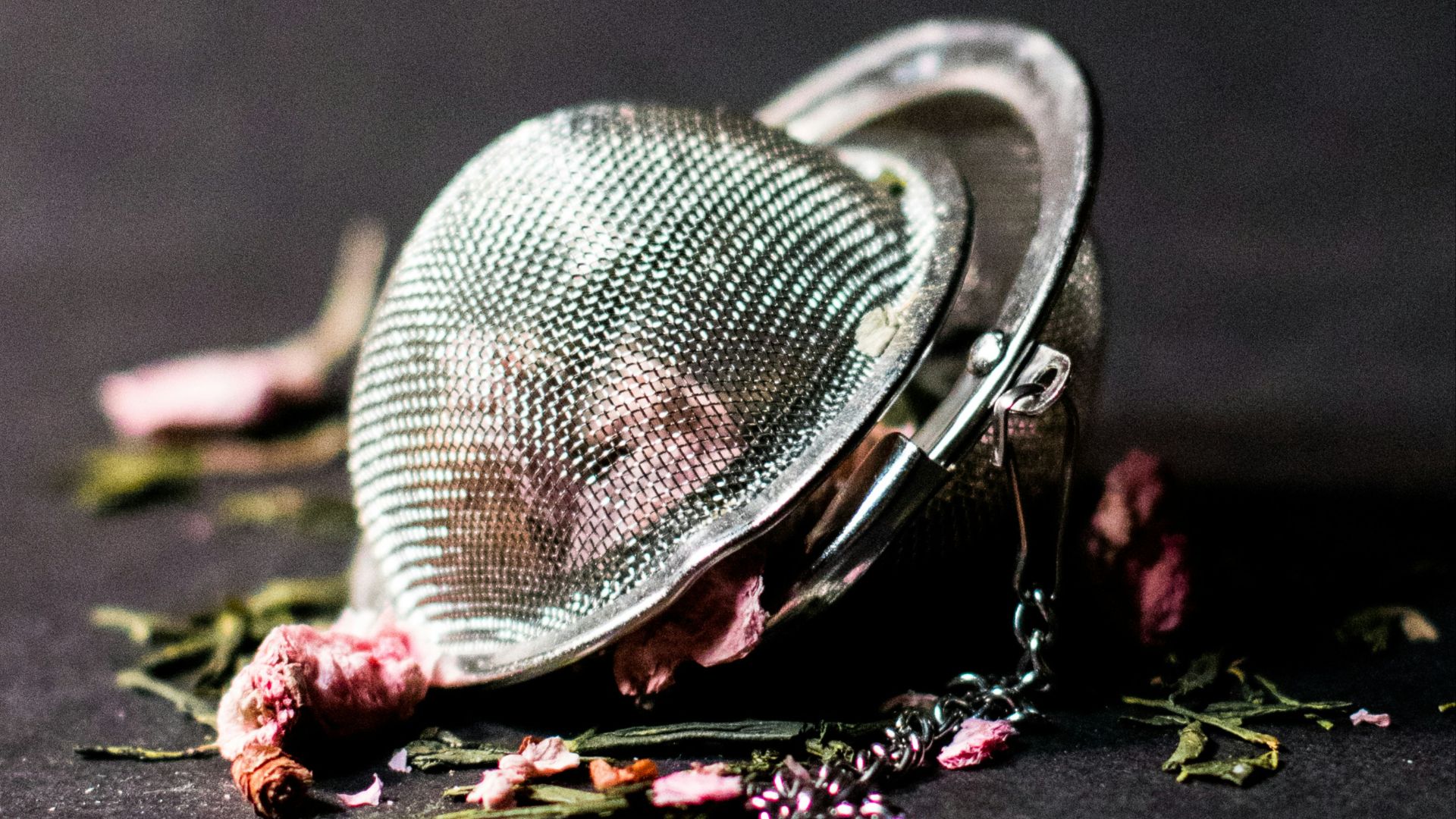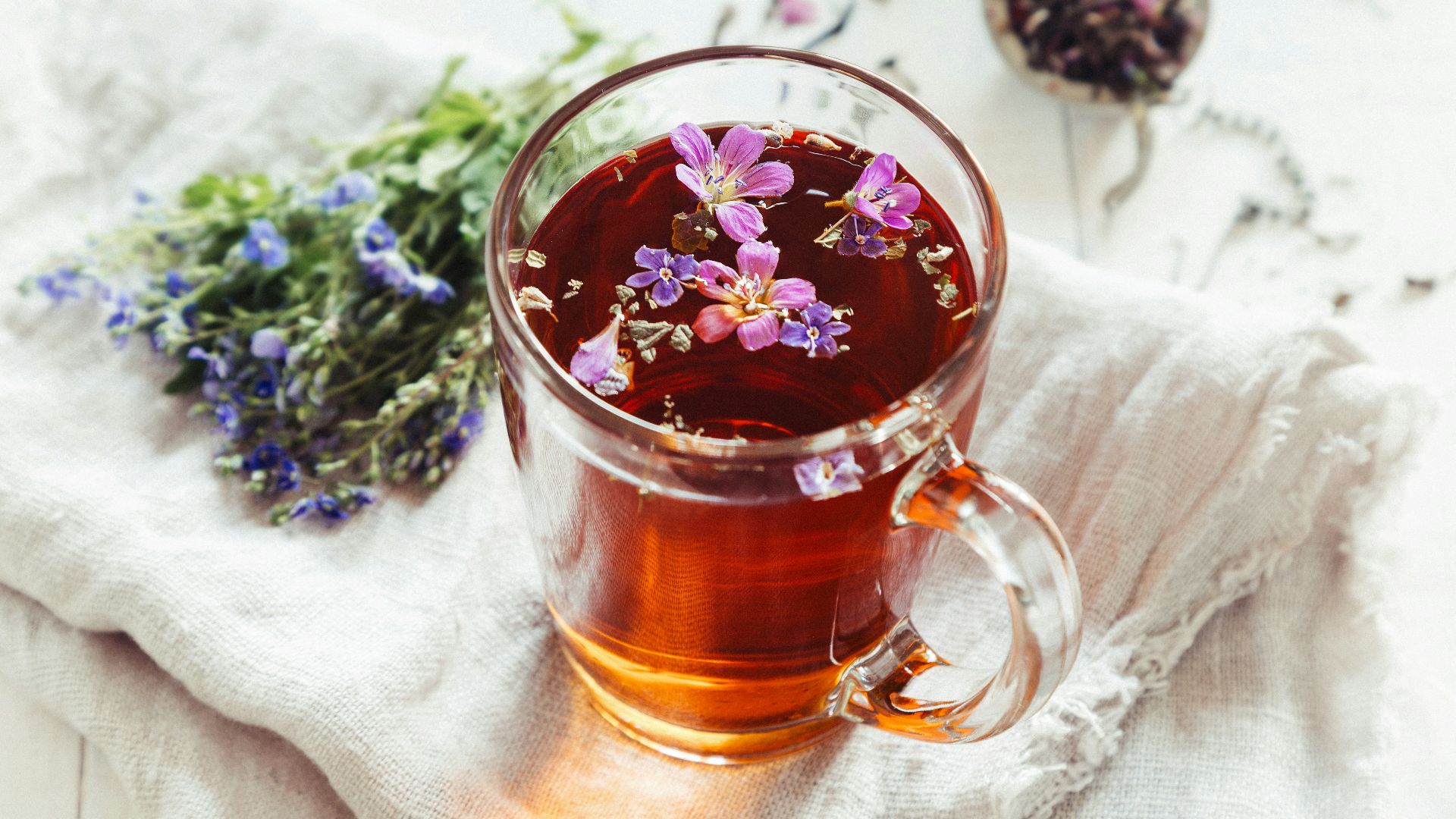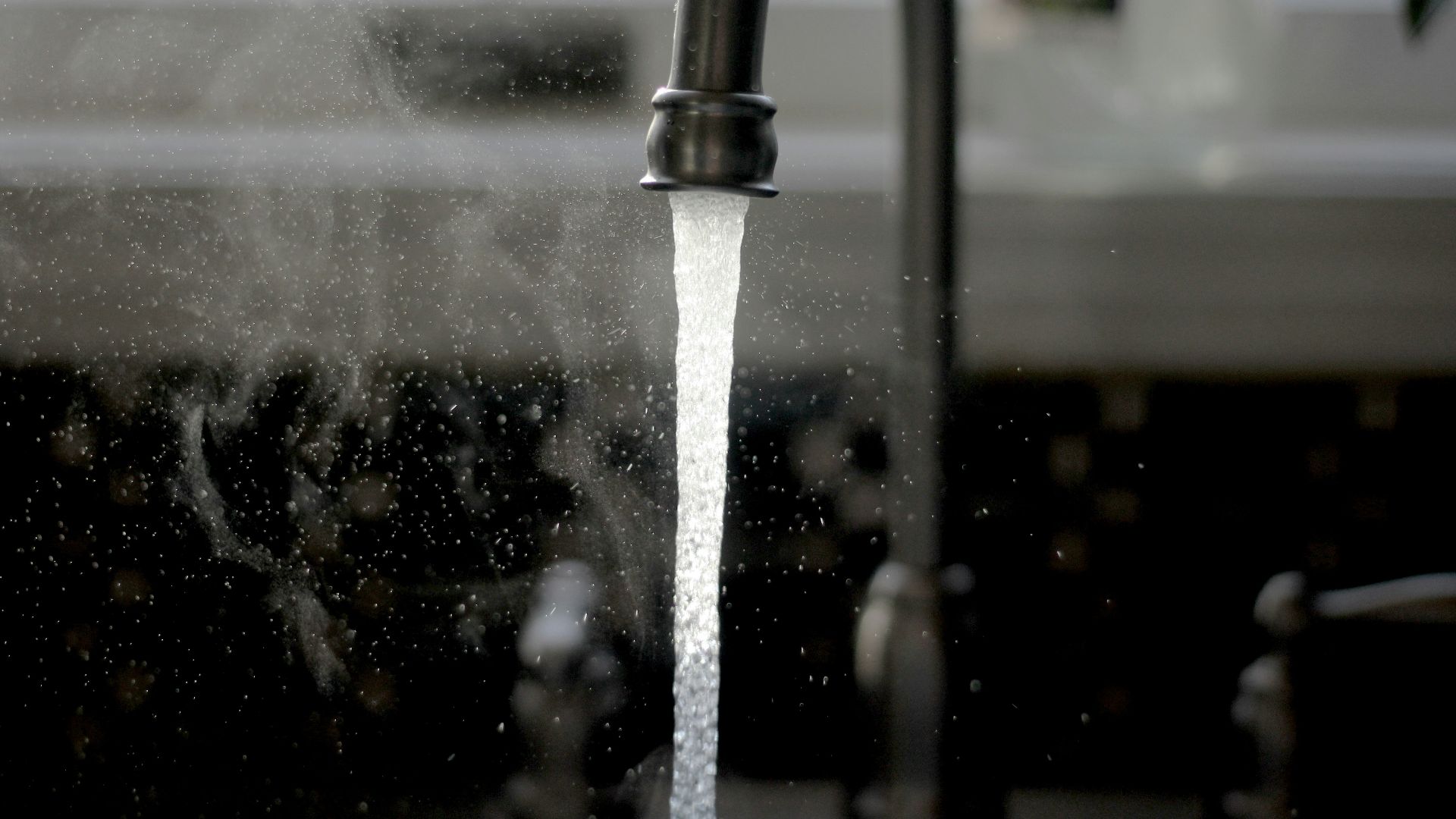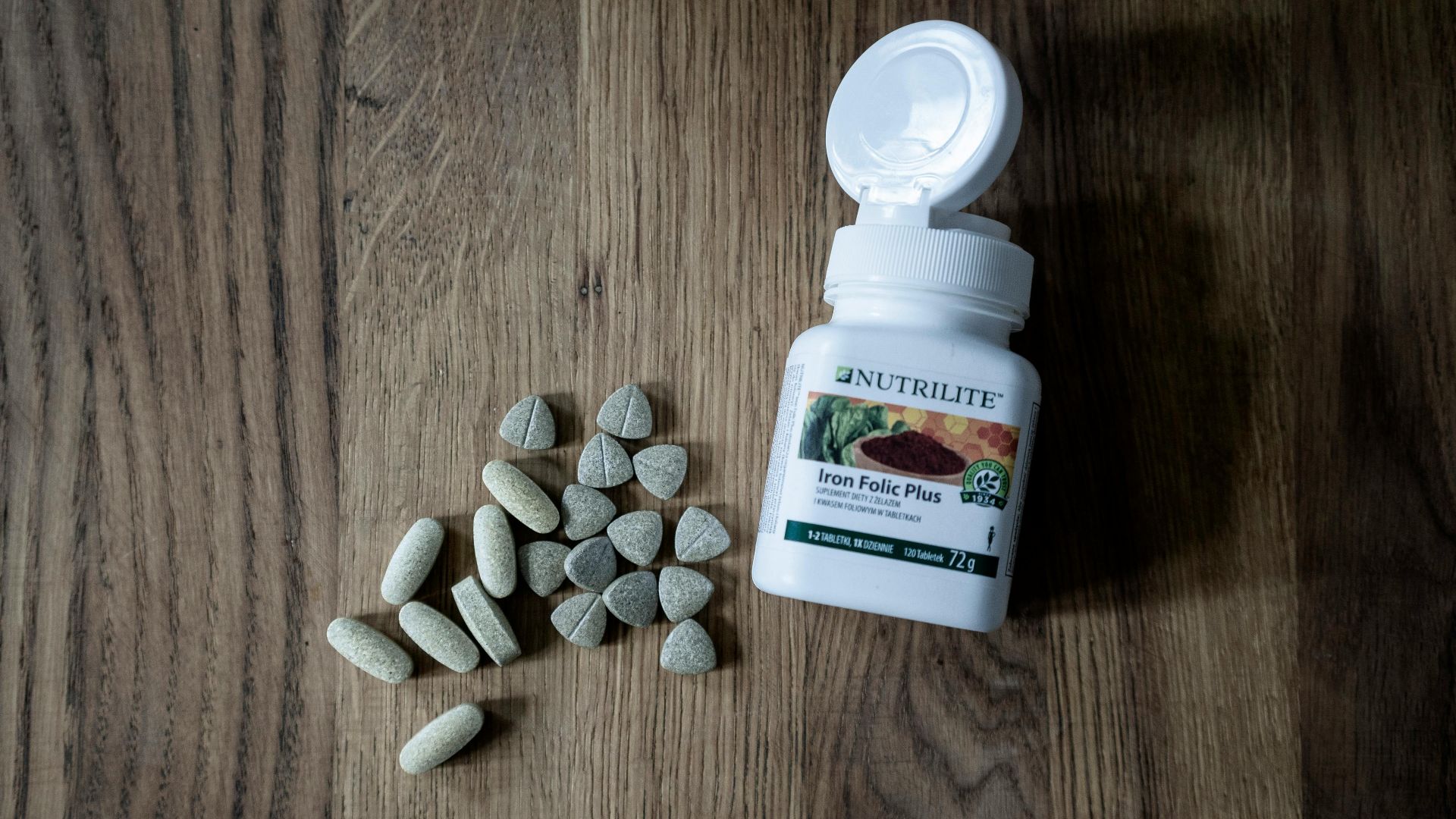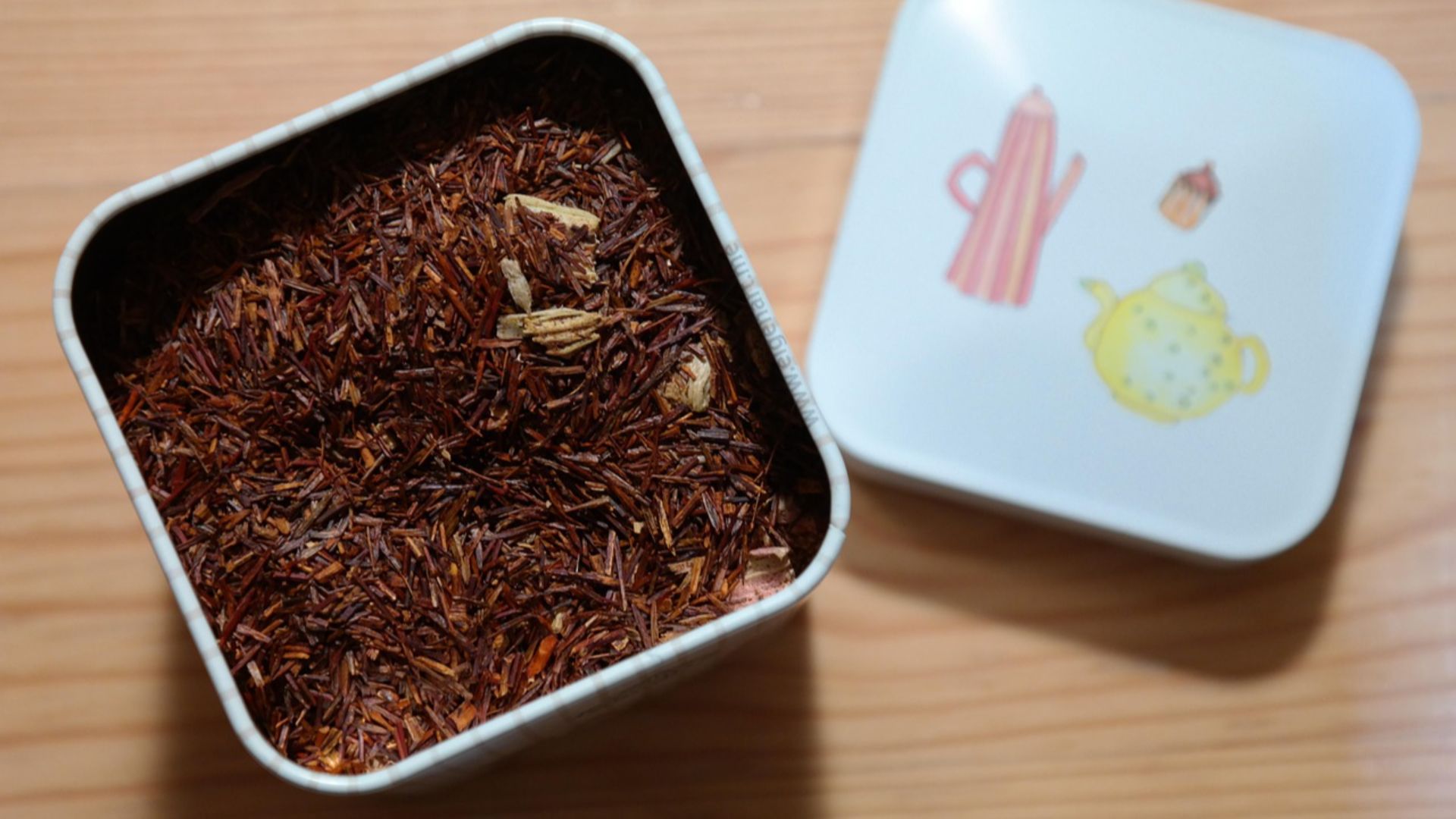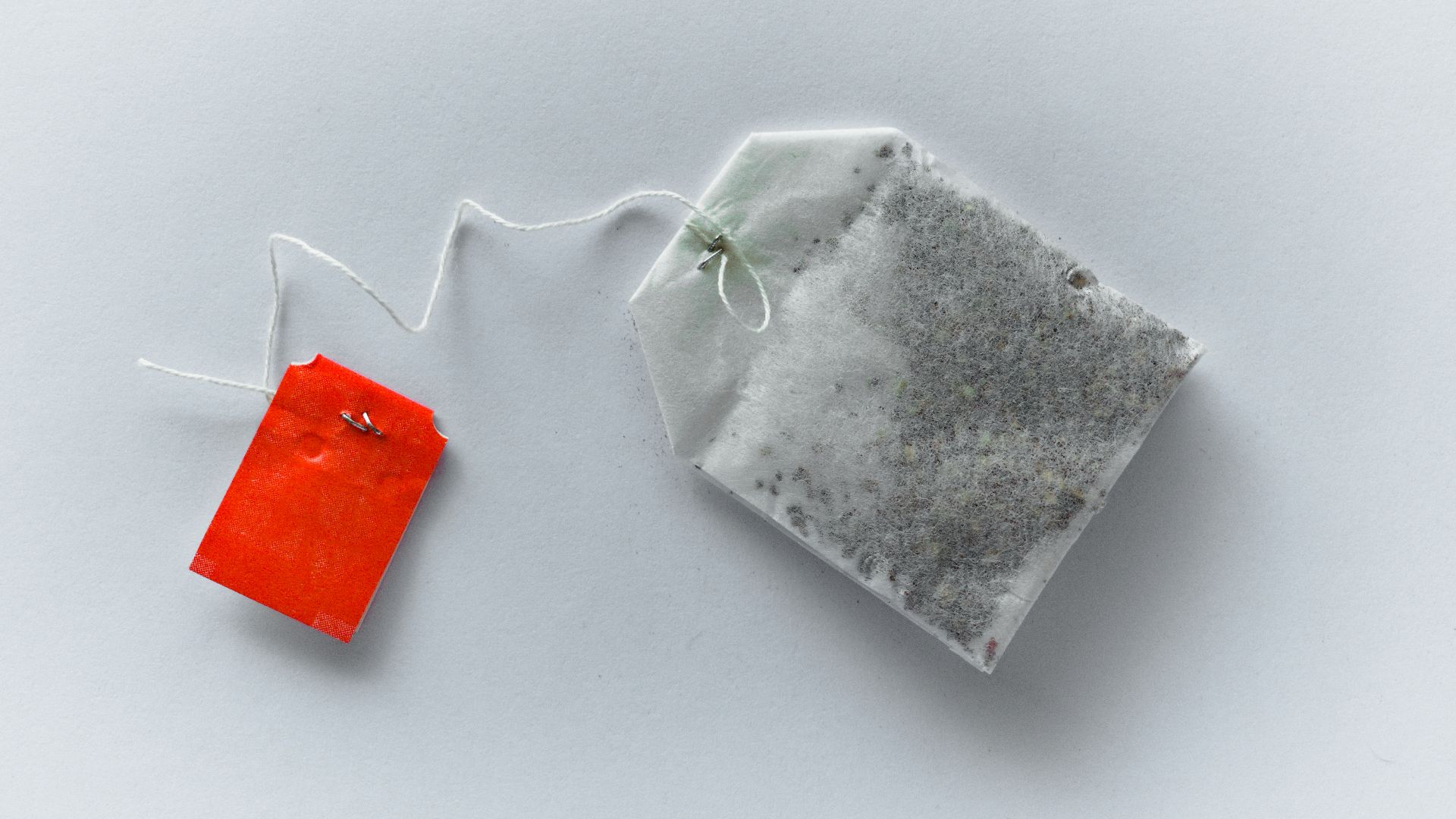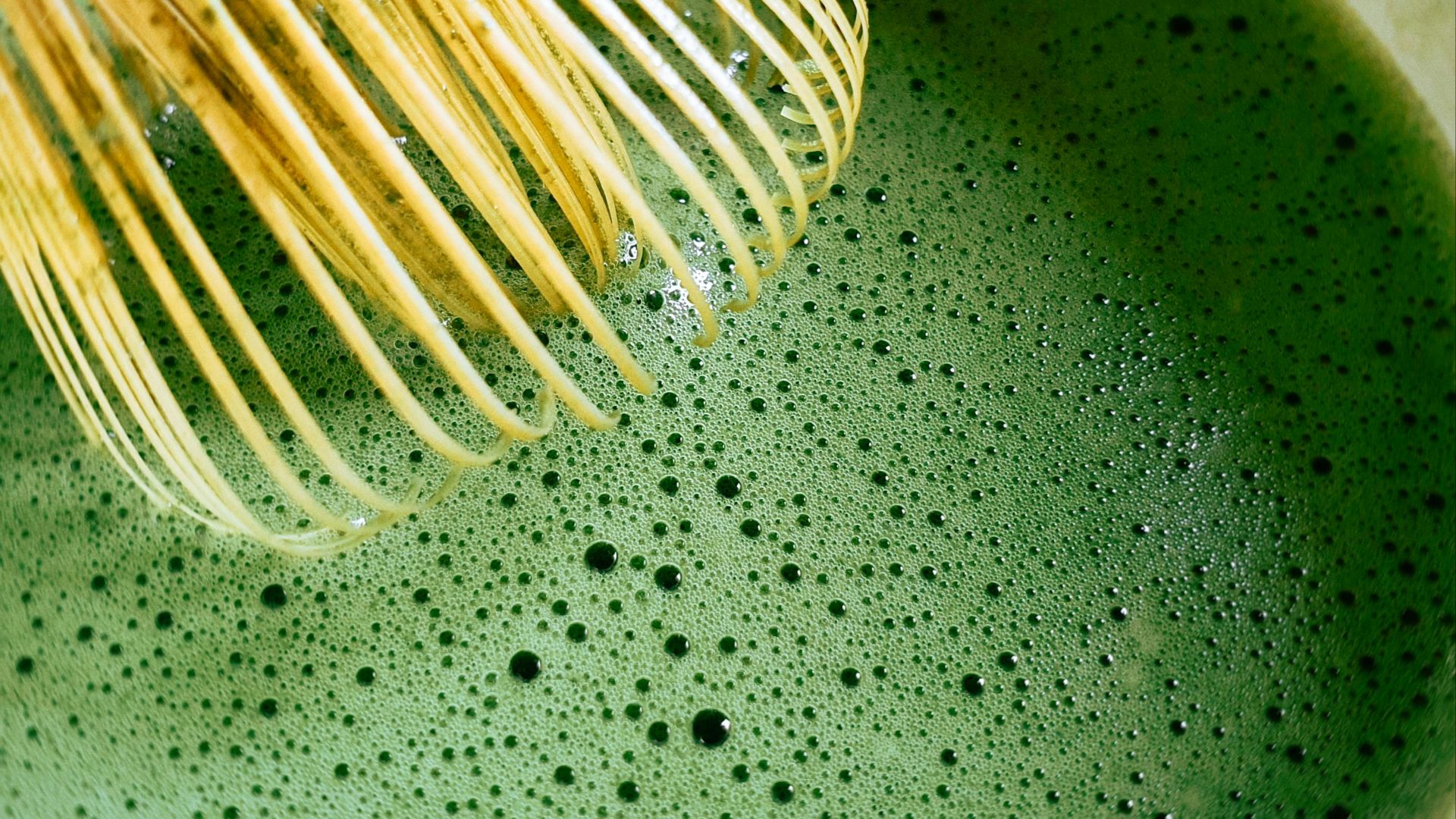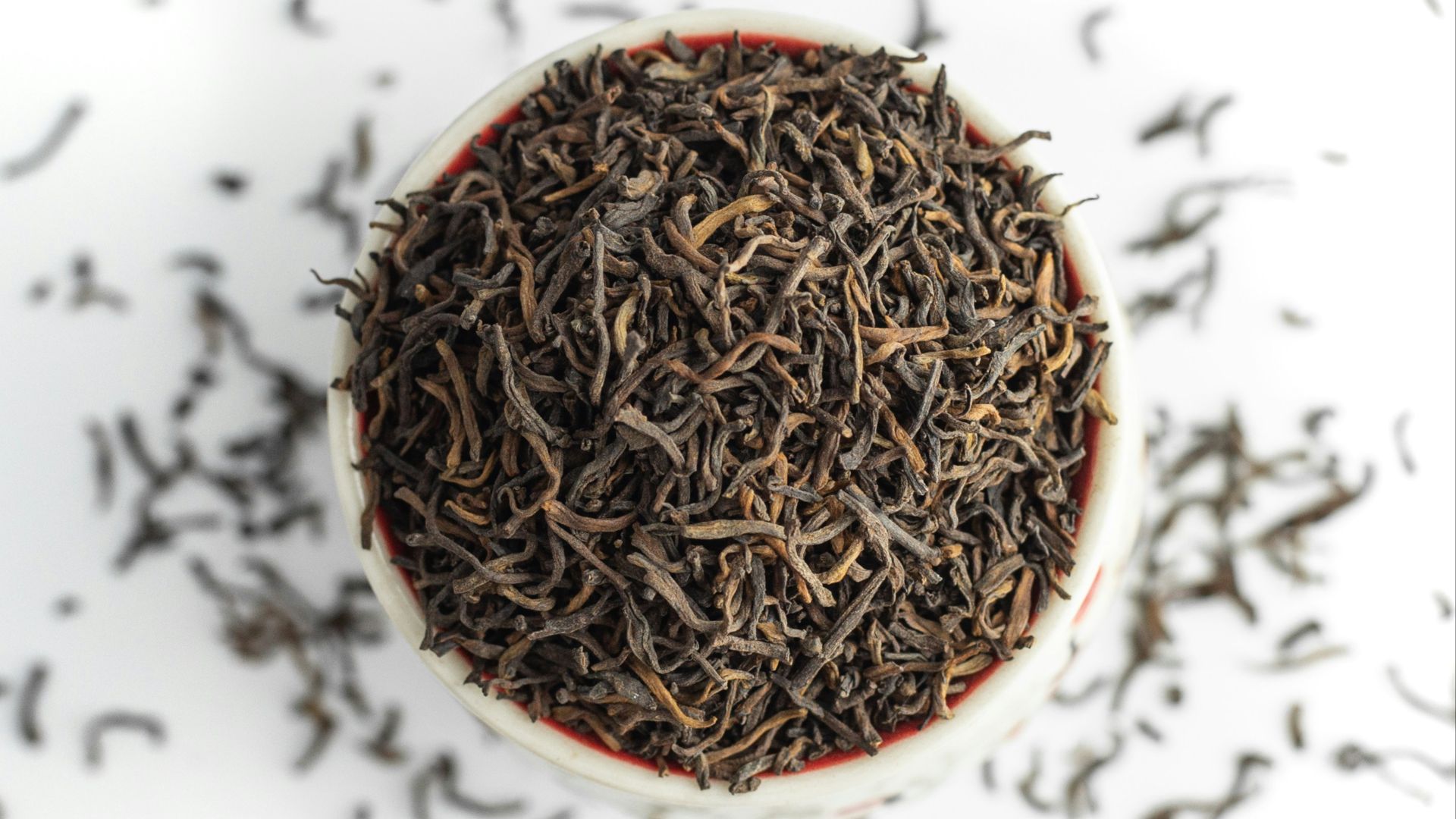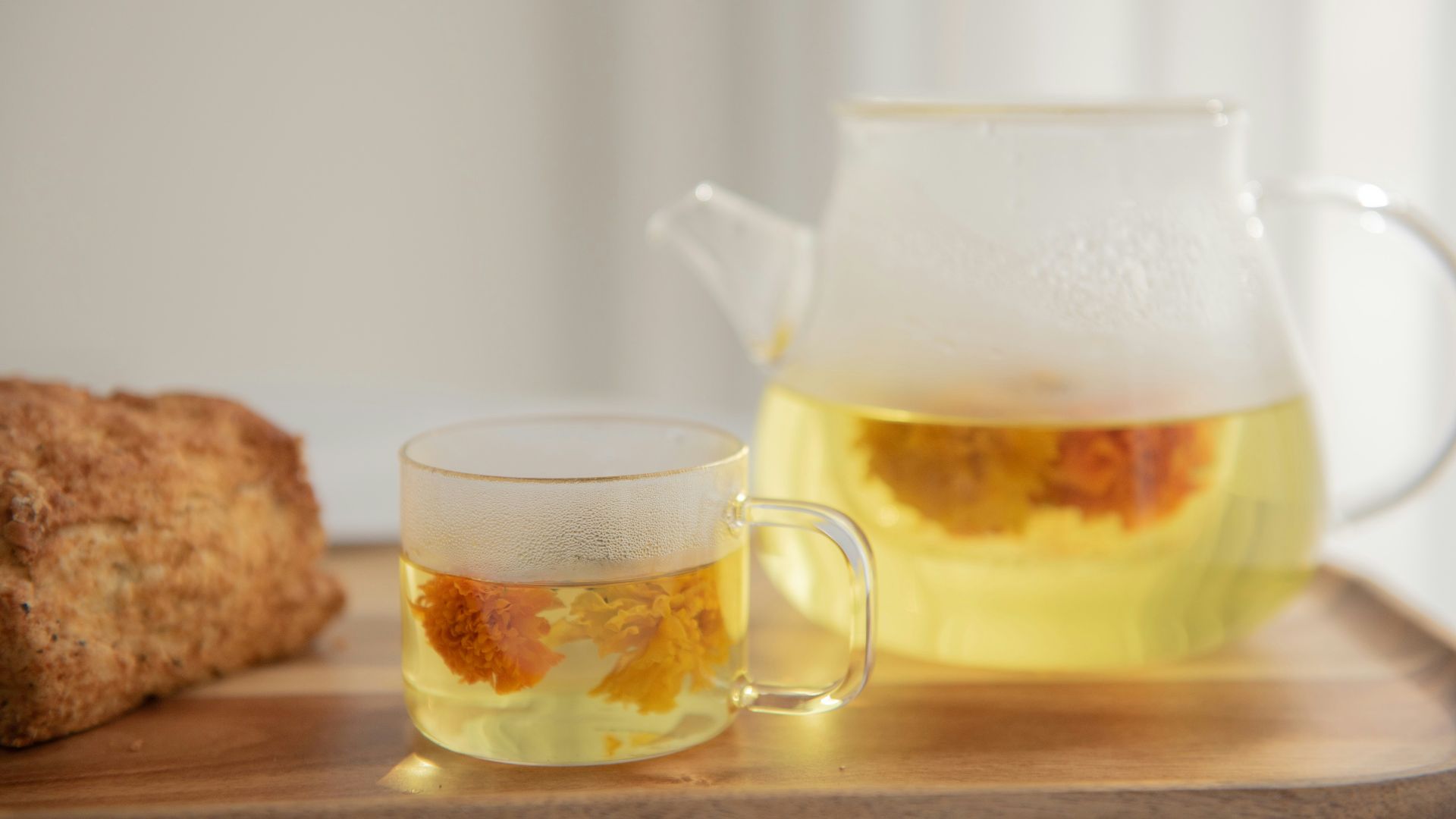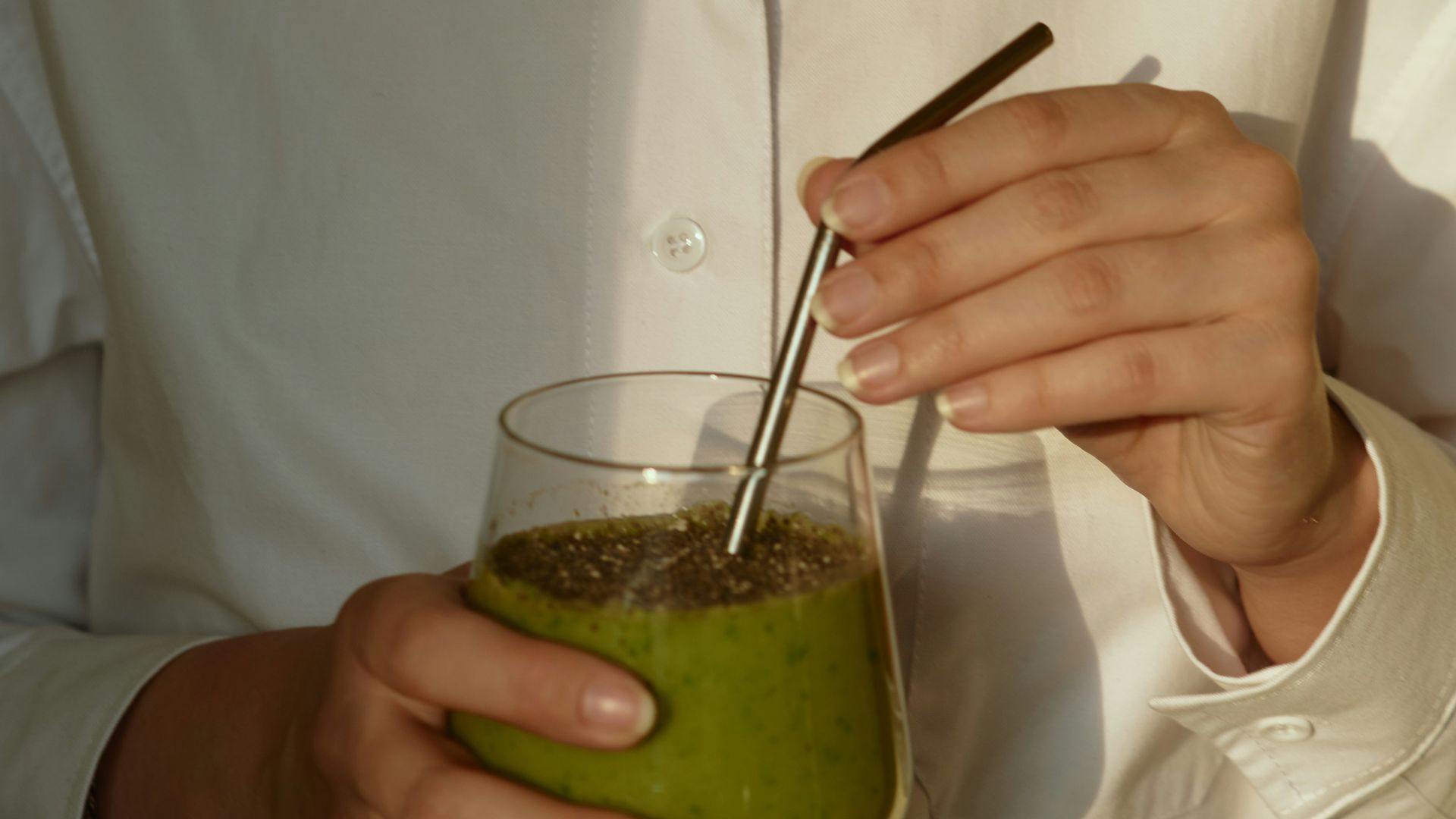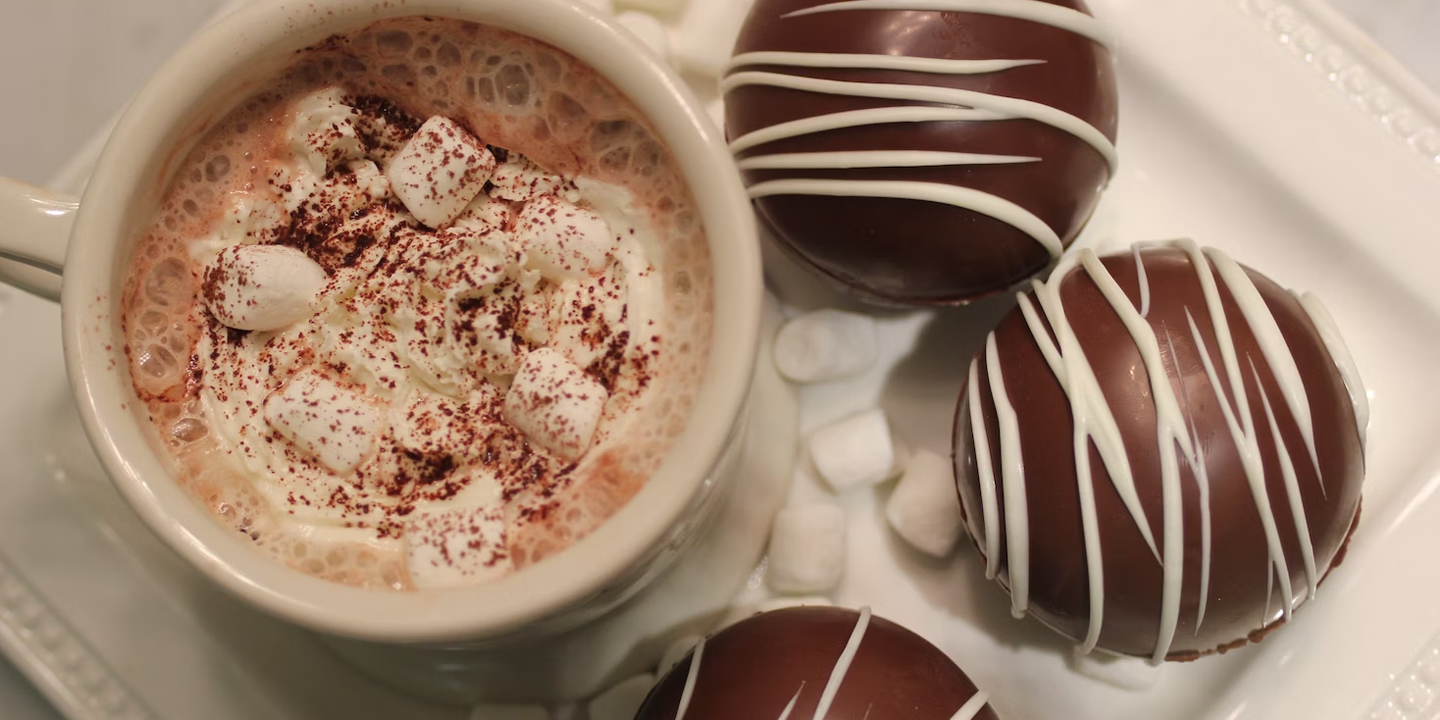Understand This Cozy Beverage
There is a wide belief that tea is a superfood: it offers caffeine without jitters, drinkable health benefits, and a touch of comfort on an early morning or a late night. Unfortunately, there are many lies that surround the tea industry, which work tirelessly to lead you astray. Fear not, cozy fans, we’re here to drop some truth bombs.
1. Tea Doesn’t Expire
While it’s unlikely that tea becomes unsafe to drink unless contaminated, it can lose its aroma and flavor after a certain amount of time, usually two years after its production date. However, you can maintain the quality of your tea if you store it in a cool, dark, dry place in adequate storage conditions.
2. All Tea Tastes The Same
If you think all tea tastes the same, you’re probably messing up somewhere in the brewing process, we’re sorry to say. Tea can have incredibly distinct flavor profiles, from the smoky flavors of black tea blends to the floral and fruity blends of oolong.
3. Herbal Tea Is Real Tea
It’s pretty common knowledge that black, green, and white tea varieties all come from the same plant, but herbal tea blends are not a part of that group. Commonly called a “tisane,” herbal teas are most commonly made up of other herbs, fruits, and spices.
4. All Teas Are Safe For Everyone
Unless you have a sensitivity to caffeine, tea is widely considered a safe drink option for everyone. We sadly have to tell you that’s not true. Pregnant persons, people who suffer from cardiovascular conditions or acid reflux, and those with liver issues should avoid drinking certain types of tea. Certain medications also negatively interact with teas, so you should do your research before brewing.
5. It’s Dehydrating
We often get that dry tongue aftertaste when we drink tea, and find that we urinate more when we drink it. This is because tea is a mild diuretic, which causes a slight uptick in urination. However, the intake of hydration far outweighs any diuretic effects.
6. Use Once And Toss
You can use loose tea leaves a couple of times before discarding them. The following cups will be a little bit weaker than your first, but many folks try to steep their tea leaves multiple times to save money and extract as much of the flavor as possible.
7. All Teas Are Brewed The Same Way
Tea brewing varies by tea type, water temperature, and steeping time. If you use the same brewing method for every kind of tea you drink, you’ll find that certain teas are potent and flavorful, while others may be bitter, watery, and otherwise unpleasant.
8. Green Tea Is Healthier Than Black Tea
While green tea is considered the better choice for weight loss, there is no study that confirms one is overtly healthier than the other. Both have protective antioxidants and a decent amount of caffeine, so if you’re drinking for enjoyment, you’ll get benefits from either cup.
9. Tea Can Kill Cancer
While several studies have shown the potential for tea to deter cancer growth, there is no confirmation that any type of tea can actually kill cancer cells. You can definitely have tea to keep your fluids up, reduce inflammation, and support your immune system, but that’s about as far as it goes.
10. Loose-Leaf Is Too Expensive
Loose-leaf tea seems more expensive when you first buy it, but it can actually be more cost-effective than bagged tea. Loose-leaf tea is able to be resteeped, and often has a higher quality and better flavor than your standard bagged tea options.
1. Some Herbal Teas Do Have Caffeine
While most herbal teas are caffeine-free, there are a few that have a high caffeine content. Any blends made with yerba mate, guayusa, yaupon, guarana, chocolate, or cacao beans will contain caffeine, as well as any hybrid blends that mix herbal with green or black tea leaves.
2. The Water Matters
The best type of water to use when steeping tea is fresh, filtered water. For many of us, this can come right from the tap. If you’re using bottled water to steep your tea, it’s recommended that you avoid distilled or hard mineral waters.
3. Tea Can Affect Iron Absorption
Tea and coffee contain this little thing called tannins, which is what gives these drinks that dry taste. Tannins are a class of polyphenols that can block iron absorption if overly consumed.
4. Lock it Up Tight
While we already mentioned storing tea in a cool, dark, and dry place, we should also mention containers. Tea is kept fresh for a longer period of time when stored in an airtight, opaque container like tin, ceramic, or glass, which will keep your leaves from molding.
5. Side Effects
Alongside iron absorption, you can suffer several side effects from drinking tea. You may suffer heartburn, nausea, anxiety, insomnia, and headaches due to tea’s caffeine content, and it’s not recommended to drink tea on an empty stomach.
6. Store Bought Isn’t The Same
Mass-produced store-bought tea is considered relatively safe, but it’s just not as high in quality as loose-leaf teas from specialty stores. Alongside the environmental issues with tea bag packaging, store-bought tea does have potential chemical contamination, microplastics, and generally inferior tea quality.
7. Matcha Is A Little Different
Matcha is a finely ground powder that consists of whole leaves from the Camellia sinensis plant, which you drink, while green tea requires you to simply steep the leaves. Because you’re actually consuming the plant with matcha, you get higher amounts of caffeine, flavor, and health benefits.
8. Serving Size Matters
You can’t throw any old tea bag into any old cup and hope that it works. Brewing tea properly requires a bit of measuring on your part, as the standard guideline for loose-leaf tea is 1 teaspoon per 6-8 ounces of water. However, you can adjust the strength of your tea by adjusting these basic measurements.
9. Glassware Is Better
Glassware is better for tea steeping as they don't absorb any flavors or odors, making decent heat-resistant glassware the best option for your drink. Metals and plastic are less favorable for steeping, as they can leave an unpleasant aftertaste and even release harmful chemicals into your brew.
10. Tea Is Still Good For You
Sure, it’s not as potent as everyone thinks it is, but that doesn’t mean it's not good. Tea still offers good antioxidant protection, lowers the risk of heart disease, and improves your cardiovascular health.
KEEP ON READING




